Carolina Runner Peanut, also known as the high-oleic peanut, is a special variety of peanut prized for its exceptional nutritional profile and delicious taste. This unique peanut variety, predominantly grown in the southeastern United States, has gained popularity for its health benefits and culinary versatility. In this comprehensive guide, we will explore what makes Carolina Runner Peanut stand out, its nutritional benefits, cultivation practices, and ways to incorporate this nutrient-dense nut into your daily diet. What is Carolina Runner Peanut? Carolina Runner Peanut, scientifically known as Arachis hypogaea, is a specific cultivar of peanuts characterized by its high-oleic acid content. Oleic acid is a beneficial monounsaturated fat that is known for its heart-healthy properties. Compared to traditional peanut varieties, Carolina Runner Peanut contains a higher concentration of oleic acid and lower levels of saturated fats.

.
This unique fatty acid profile not only contributes to its nutritional value but also enhances the taste and shelf life of the peanuts. Nutritional Benefits of Carolina Runner Peanut: Carolina Runner Peanut is a nutritional powerhouse packed with essential nutrients that promote overall health and well-being. Here are some key nutritional benefits of including Carolina Runner Peanut in your diet: 1. Rich in Healthy Fats: As a high-oleic variety, Carolina Runner Peanut is an excellent source of monounsaturated fats, particularly oleic acid. These healthy fats have been linked to reduced inflammation, improved heart health, and better cholesterol levels. 2. Protein-packed: Peanuts, including the Carolina Runner variety, are a great plant-based source of protein. Protein is essential for muscle repair, immune function, and overall growth and development. 3. Fiber-Rich: Carolina Runner Peanut is a good source of dietary fiber, which aids in digestion, helps maintain healthy blood sugar levels, and promotes a feeling of fullness, making it a satisfying snack option. 4. Micronutrient Powerhouse: In addition to healthy fats, protein, and fiber, Carolina Runner Peanut also contains an array of essential vitamins and minerals, including vitamin E, folate, niacin, magnesium, and potassium. These micronutrients play crucial roles in various bodily functions, from supporting immune health to promoting nerve function. Cultivation of Carolina Runner Peanut: Carolina Runner Peanut is predominantly cultivated in the southeastern region of the United States, where the climate and soil conditions are ideal for peanut production.
..
The cultivation of Carolina Runner Peanut involves several stages, including planting, irrigation, pest control, and harvesting. 1. Planting: Carolina Runner Peanut seeds are typically planted in well-drained soil during the spring months. The seeds require adequate moisture and warm temperatures to germinate and establish healthy plants. 2. Growth and Development: Once planted, Carolina Runner Peanut plants begin to develop and form flowers, which eventually give rise to peanut pods. Farmers closely monitor the growth of the plants, providing the necessary nutrients and water to promote healthy development. 3. Harvesting: Harvesting Carolina Runner Peanuts is a labor-intensive process that involves digging up the peanut plants and allowing them to dry before removing the peanuts from the pods. The harvested peanuts are then cleaned, graded, and stored for further processing or distribution. Incorporating Carolina Runner Peanut into Your Diet: Carolina Runner Peanut’s versatility makes it a perfect addition to a wide range of culinary creations. Here are some creative ways to incorporate Carolina Runner Peanut into your diet: 1. Snack on Roasted Peanuts: Enjoy the nutty flavor and crunchy texture of Carolina Runner Peanuts by roasting them with a touch of sea salt or your favorite seasonings for a satisfying snack. 2. Peanut Butter: Whip up a batch of homemade peanut butter using Carolina Runner Peanuts. Spread it on toast, drizzle it over oatmeal, or use it as a dip for fruits and veggies. 3. Peanut Sauce: Create a flavorful peanut sauce using Carolina Runner Peanuts, coconut milk, soy sauce, and other seasonings to elevate your stir-fries, noodle dishes, or salad bowls. 4. Trail Mix: Combine Carolina Runner Peanuts with dried fruits, seeds, and a hint of dark chocolate to create a nutritious and energizing trail mix for on-the-go snacking. 5. Baking: Add chopped Carolina Runner Peanuts to baked goods like cookies, muffins, and bread for a delightful crunch and nutty flavor. Conclusion: Carolina Runner Peanut is not just a delicious snack; it is a nutritional powerhouse that offers a range of health benefits due to its high oleic acid content, protein, fiber, and essential vitamins and minerals.
…
Whether enjoyed as a snack, incorporated into savory dishes, or used in baking, Carolina Runner Peanut adds a flavorful and nutritious touch to your meals. By understanding the cultivation practices, nutritional benefits, and culinary possibilities of Carolina Runner Peanut, you can make informed choices to include this nutrient-dense nut in your diet for a healthier and more exciting culinary experience. 6. Salad Toppings: Sprinkle crushed Carolina Runner Peanuts on top of salads for an added crunch and nutty flavor. They complement both leafy greens and protein-rich salads, adding texture and depth to your meal. 7. Peanut Crusted Proteins: Use ground Carolina Runner Peanuts as a coating for chicken, fish, or tofu for a flavorful and nutritious twist. The peanuts add a crispy exterior and a nutty undertone to the dish. 8. Peanut Noodles: Prepare a delicious peanut sauce using Carolina Runner Peanuts, soy sauce, ginger, garlic, and lime juice to toss with cooked noodles for a satisfying and flavorful meal. Top with fresh vegetables and herbs for added freshness. 9. Energy Bars: Make your own energy bars by blending Carolina Runner Peanuts with dates, oats, and a hint of honey or maple syrup. These homemade bars are perfect for a quick and wholesome snack on the go. 10. Peanut Soup: Experiment with a creamy and comforting peanut soup made with Carolina Runner Peanuts, vegetables, and spices for a hearty and nutritious meal option, especially during colder months. By incorporating Carolina Runner Peanuts into your diet in a variety of ways, you can enjoy the nutritional benefits and unique flavor of this high-oleic peanut while exploring new culinary possibilities in your kitchen. Health Benefits of Carolina Runner Peanut: 1. Heart Health: The high oleic acid content in Carolina Runner Peanuts contributes to heart health by helping to reduce bad cholesterol levels and increase good cholesterol. These monounsaturated fats support cardiovascular health and may lower the risk of heart disease. 2. Weight Management: Despite being calorie-dense, Carolina Runner Peanuts can aid in weight management due to their high protein and fiber content. Protein and fiber help keep you full and satisfied, reducing the likelihood of overeating.
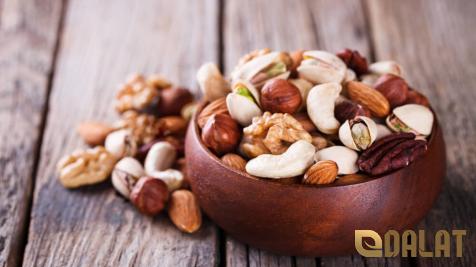
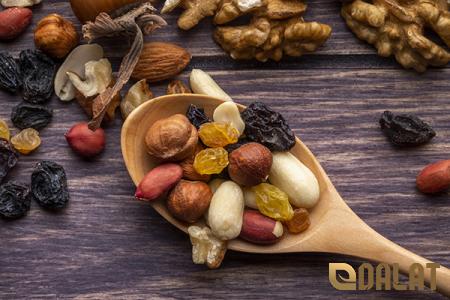
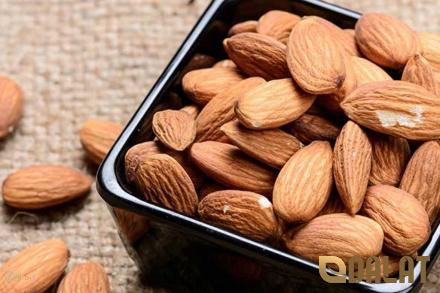
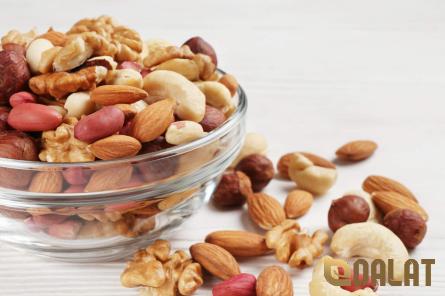
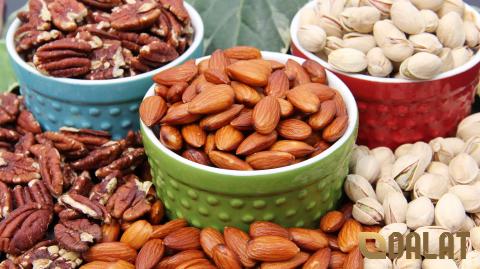
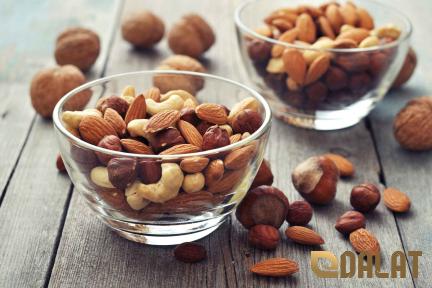
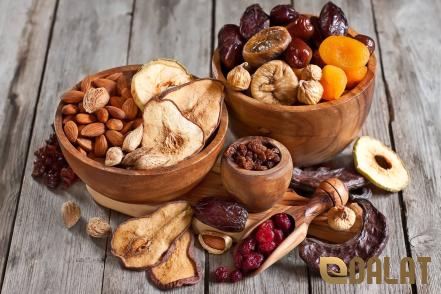
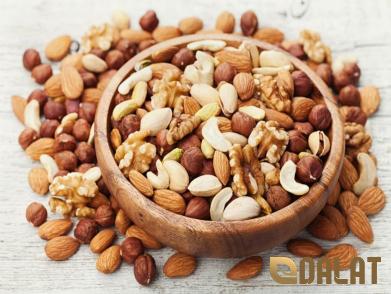
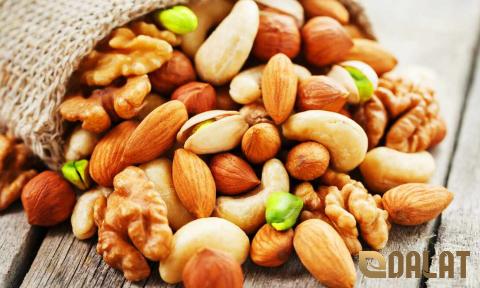
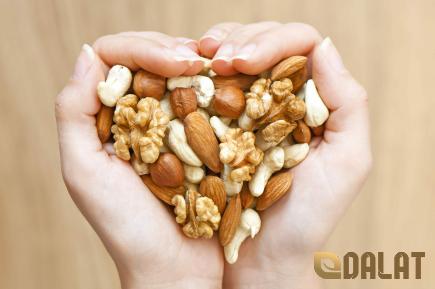
Your comment submitted.